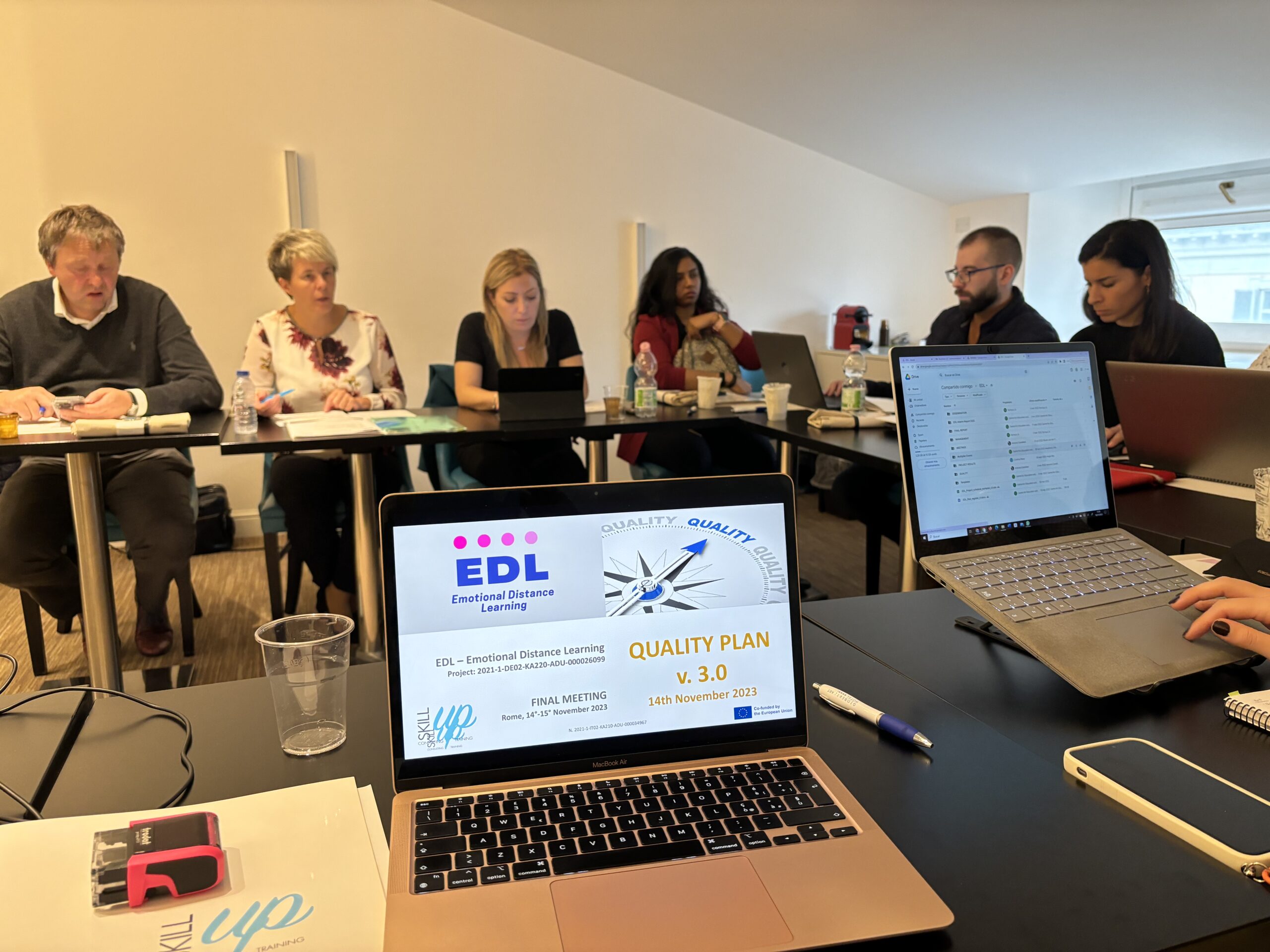By Chris Manuel, Eurospeak
Due to their particular qualities, adult learners face special difficulties that have an impact on how they pursue further education or engage in online distance learning activities.
Depending on the characteristics of the issues, the difficulties faced by adults were grouped into themes: internal, external, and programme-related problems were the three main themes found. Adult learners face three types of internal problems: management challenges, learning challenges and technical challenges.
- Management issues have to do with inability to strike a balance between job and education, failure to strike a balance between family, education and social life, difficulty in managing one’s time.
- Learning challenges are related to a lack of interest in the programme or materials, a lack of dedication to education, a lack of understanding of the course materials, insufficient prior knowledge, low academic concentration and confidence.
- Technical difficulties include trouble communicating online, poor computer skills and trouble finding trustworthy information.
The second subtheme is difficulties with learning. In addition to these individual difficulties, several aspects of remote education programmes can make it difficult for adults to study when there is a mismatch between the programme and the learners. Adults have difficulties when they lack interest in a course or its topics. On the other hand, it is suggested that problems for conventional learners can include their inability to understand course content and their lack of prerequisite knowledge or abilities for a course. The review revealed that middle-aged adults struggle to focus on their coursework and readings because of their demanding work schedules. The fourth subtheme is technological difficulties, particularly for elderly persons. According to a research done with older people by Nor in 2011, using technology can be difficult for them. For instance, Nor reported that adult learners find it difficult to communicate online in his research of college students 50 and older. It was found in another study by Erickson and Noonan in 2010 that the lack of technical skills makes the learning process difficult for students who are graduate adult learners between the ages of 50 and 65. He also disclosed that another difficulty for grownups is finding trustworthy information online. The review’s findings showed that older persons (those 50 and older), as opposed to young and middle-aged adults, find it challenging to engage in collaborative activities successfully because of their lack of technological expertise and online engagement.
The difficulties that arise outside of the learner’s control, such as those caused by the learner’s duties in the home or workplace, are examples of external difficulties. Job-related issues and domestic challenges are two sub-themes under which the external challenges are divided. Challenges associated with the job include work overload, a lack of employer assistance, schedule conflicts, financial difficulties, and a lack of study time. Domestic challenges: lack of family support, technical difficulties and a cramped study environment.
Therefore, educators should make a fair effort to design flexible learning environments and course content that takes into account the unique needs and difficulties of adult learners. It is believed that a thorough analysis of these difficulties might have a beneficial impact on adult learners’ dropout decisions.
References
- Erickson, A. S. G. & Noonan, P. M. (2010). Late-career adults in online education: A rewarding experience for individuals aged 50 to 65. MERLOT Journal of Online Learning and Teaching, 6(2), 388–397. Retrieved from http://jolt.merlot.org/vol6no2/erickson_0610.pdf
- Mehmet Kara/ Amasya University/ Turkey, Fatih Erdogdu/ Mehmet Kokoc/ Trabzon University/ Turkey, Kursat Cagiltay / Middle East Technical University/ Turkey, Open Praxis, vol. 11 issue 1, January–March 2019, pp. 5–22 (ISSN 2304-070X) Retrieved from https://files.eric.ed.gov/fulltext/EJ1213733.pdf
- Nor, N. M. M. (2011). Understanding older adult learners in distance education: The case of Universiti Sains Malaysia. Turkish Online Journal of Distance Education, 12(3), 229– 340. Retrieved from http://dergipark.gov.tr/tojde/issue/16905/176282



0 Comments